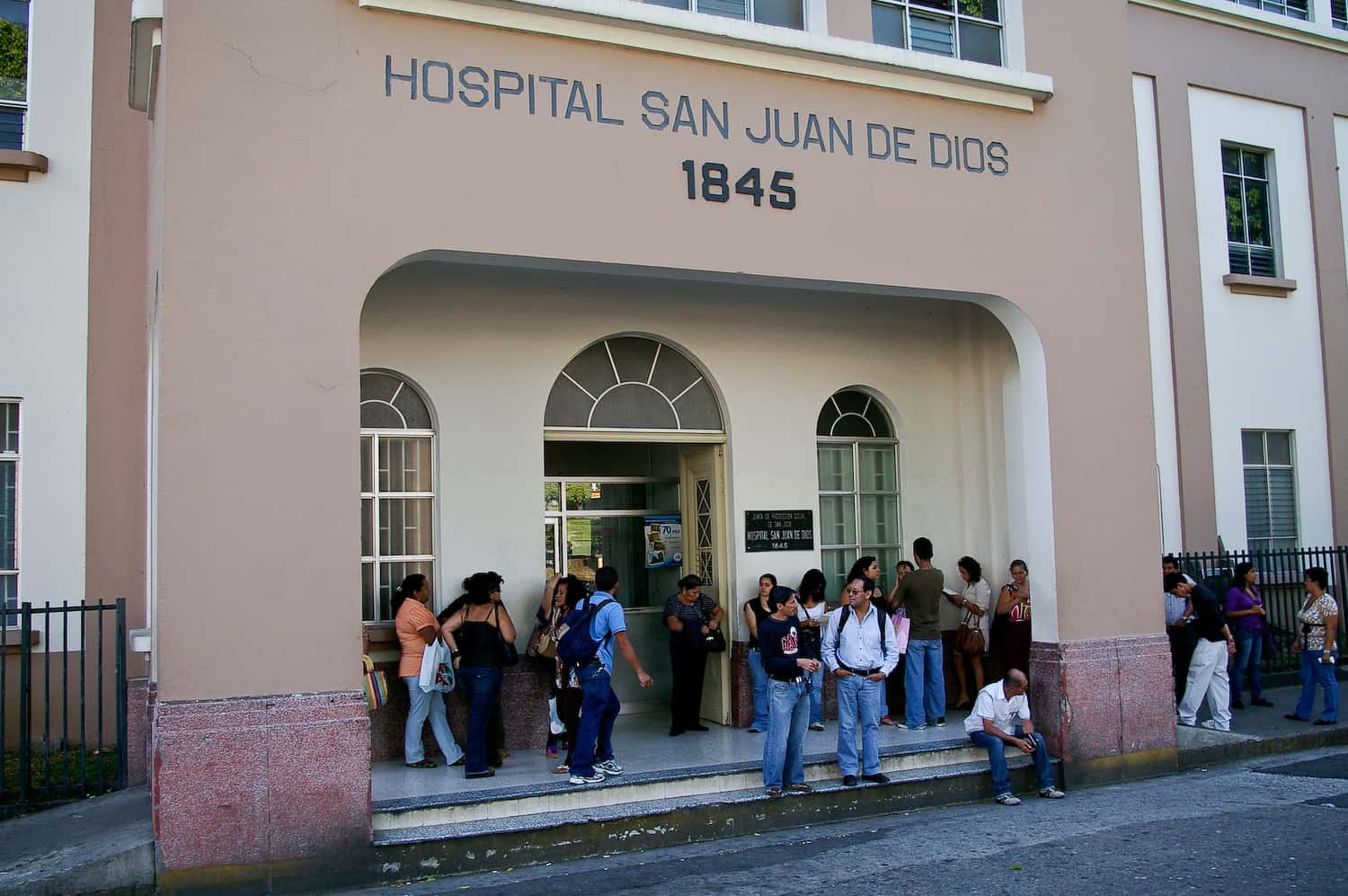The Ministry of Health has confirmed three cases of tuberculosis in Costa Rica, all affecting homeless individuals residing in San Carlos, Alajuela. Authorities reported implementing a series of measures to protect public health, starting with a sanitary order for the location where these individuals sleep, deemed uninhabitable and posing a high risk of contagion.
As the patients have refused treatment, officials from the Ministry of Health’s Northern Huetar Region, along with other public institutions, are coordinating efforts to ensure they receive necessary medical care in a suitable, supervised environment. Officials are also working to eliminate the uninhabitable infrastructure.
“The Ministry of Health has already acted to prevent those close to the patients, and any others who may have had contact with them, from contracting the bacteria,” the institution reported.
Health specialists overseeing this case mandated that the affected individuals receive treatment in a hospital and comply with medical instructions and sanitary protocols to prevent further spread of the disease.
The Ministry has also coordinated an action plan with local authorities to proactively screen for potential cases in shelters, drug rehabilitation centers, and elderly care homes. Staff have also visited pharmacies and macrobiotics to inform personnel that they should report individuals with suspicious symptoms to the health area immediately.
Tuberculosis is an infectious disease caused by a bacterium called Mycobacterium tuberculosis, also known as Koch’s bacillus. The main symptom of tuberculosis is a persistent cough lasting two or more weeks.
However, symptoms can also include fatigue, weight loss, poor appetite, general weakness, fever in the evenings, night sweats, shortness of breath, and chest pain. The disease is transmitted when an infected person talks, sings, sneezes, or coughs, expelling small droplets into the air. These droplets can remain airborne for some time, allowing others to breathe them in. If the bacteria reach the lungs and find a suitable environment, they can multiply and cause illness.






